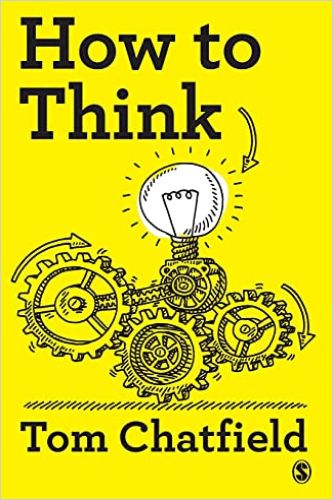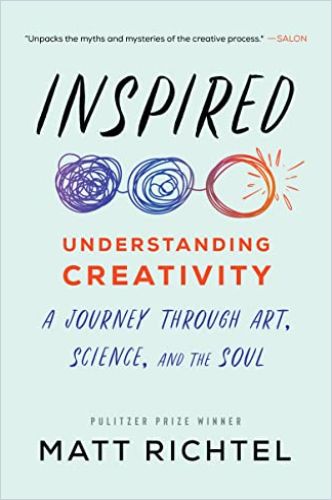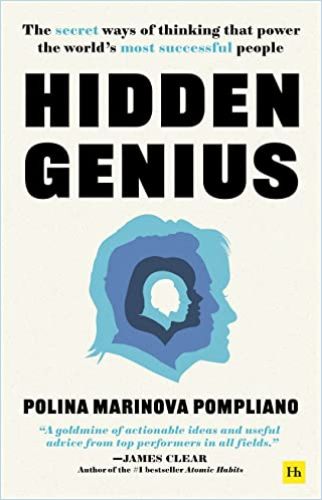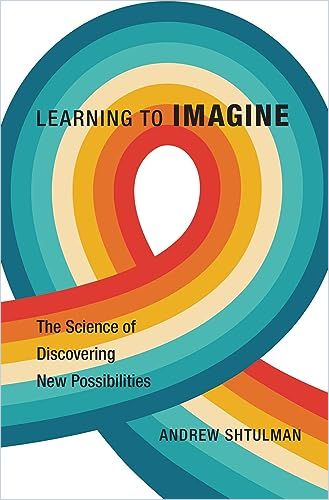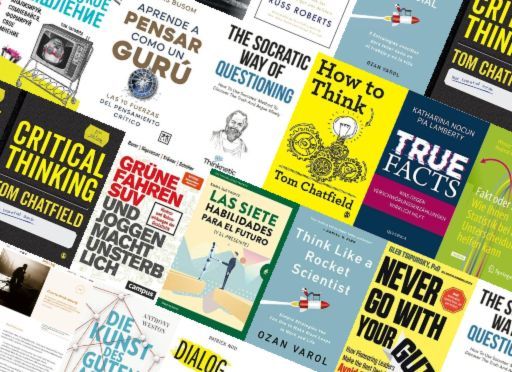The Future Belongs to the Curious

Adaptability and continual growth are paramount in a landscape marked by rapid technological advancements and ever-evolving market dynamics. Yet, the era of merely dispensing knowledge or indiscriminately “watering” hopes of employee development has ended. Many learning departments, regrettably, continue to focus on delivering increasingly specialized content and rely heavily on AI for automation. These practices lead to learner frustration, disengagement, and soaring budgets without a clear return on investment.
Meta-Skills: More Crucial Than Ever
The remedy lies in adopting an organizational learning philosophy centered around cultivating meta-skills. These encompass a wide array of knowledge and abilities that equip individuals, teams, and organizations to tackle general and specific workplace challenges. These skills foster problem-solving and significantly enhance work quality and job satisfaction by promoting self-sufficiency.
Recent insights from the “Future of Jobs” report by the World Economic Forum underscore the growing demand for such skills, which dominate the list of top future competencies. Notable among these are creative, systemic, and analytical thinking, alongside curiosity and self-awareness. Similar findings from studies by organizations like OECD and McKinsey corroborate this trend, and internal data from getAbstract also indicates a burgeoning interest, particularly in areas traditionally reserved for leadership training.
Example: Critical Thinking
Considering systemic, analytical, and creative thinking as subsets of the meta-skill “critical thinking,” it’s clear why this skill is leading the pack. Critical thinkers exhibit a robust skepticism towards preconceived notions, adeptly analyze arguments, and are continually reflective, making them invaluable in solving any organizational problem, anywhere, anytime. This skill is a vital driver of innovation and, in an age rife with misinformation, essential for companies aiming to maintain control over their future through informed and accurate decision-making.
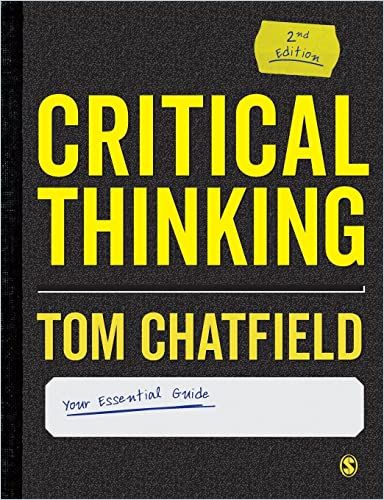
In the Learning & Development (L&D) sector, while there’s excitement about AI’s role in adaptive learning and streamlining processes, the fundamental question remains:
Who will operate these AI tools? Who will evaluate and refine the outputs of systems like ChatGPT? Critical thinking remains an indispensable asset in an era plagued by ‘fake news’ and misinformation.
getAbstract: A Leader in Meta-Skills Development
getAbstract ensures that your team can access the most extensive, vetted expert knowledge database by curating thousands of relevant books, articles, podcasts, talks, and videos. We blend human expertise with advanced AI technology and cutting-edge learning research to foster innovation across global organizations. Our microlearning formats, designed to integrate seamlessly into daily workflows, require no more than 15 minutes to impart practical skills.
The balance between broad and deep knowledge access is crucial, allowing learners to recognize connections, adopt multiple perspectives, and solve specialized problems.
We know that meta-skills cannot be acquired through traditional means like reading one book or attending sporadic training sessions. Instead, they thrive in a culture of continuous learning—integrating ongoing knowledge acquisition, application, practice, and reflection within everyday business activities.
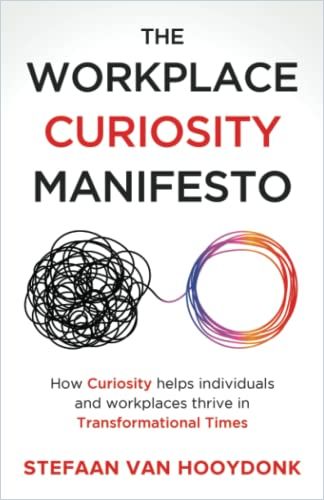
Your Employees Shape the Future, Not AI
If adaptability and ongoing learning are critical to your competitive edge, investing in meta-skills development is imperative. getAbstract is at the forefront of this educational revolution, offering efficient solutions for formal and informal learning environments. Whether pursuing individual goals or fostering team skills, our platform supports meta-skill acquisition and retention, enabling discovery, sharing, and professional growth, preparing teams for the AI era and beyond.
A Commitment to Excellence
As a Swiss company, getAbstract is committed to delivering only the highest quality learning solutions tailored to the needs of the modern workforce. Our focus on quality, trustworthiness, and service ensures that we provide environments where inquisitive minds and critical thinkers can excel.

